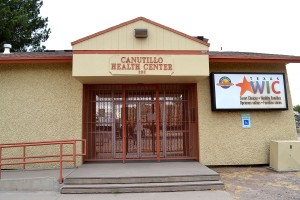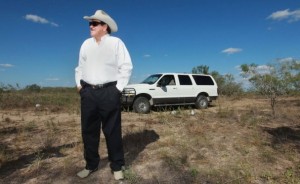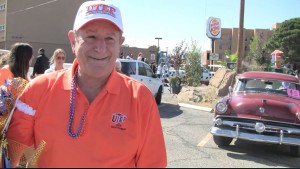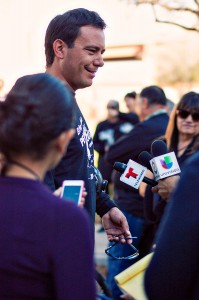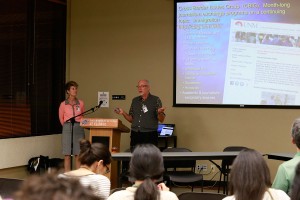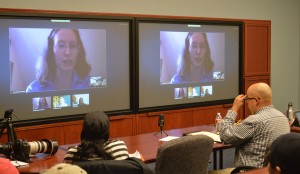Federal government closure inflicted hardships and fear of future shutdowns
|
EL PASO – During the recent 16-day federal government shutdown, federal workers and hundreds of families in the El Paso area who regularly receive food and medical services under the federally funded WIC program came close to losing their benefits while many others who were eligible to enroll were not allowed into the program. Although the shutdown ended October 17 after Congress raised the debt ceiling, local residents fear that they may find themselves in the same precarious situation again in February when Congress will have to either approve a budget or raise the debt ceiling again. According to USDA statistics via the National WIC Association, nearly one million women and children in Texas could stop receiving WIC benefits. Nationwide, more than 8.5 million women and children receive benefits under the WIC program. Sofia Garcia, a medical assistant at the Upper Valley Urgent Care Center, is mother of a two-year-old and a two-month-old.
